Home>Garden Essentials>How Do You Use Fenugreek Seeds
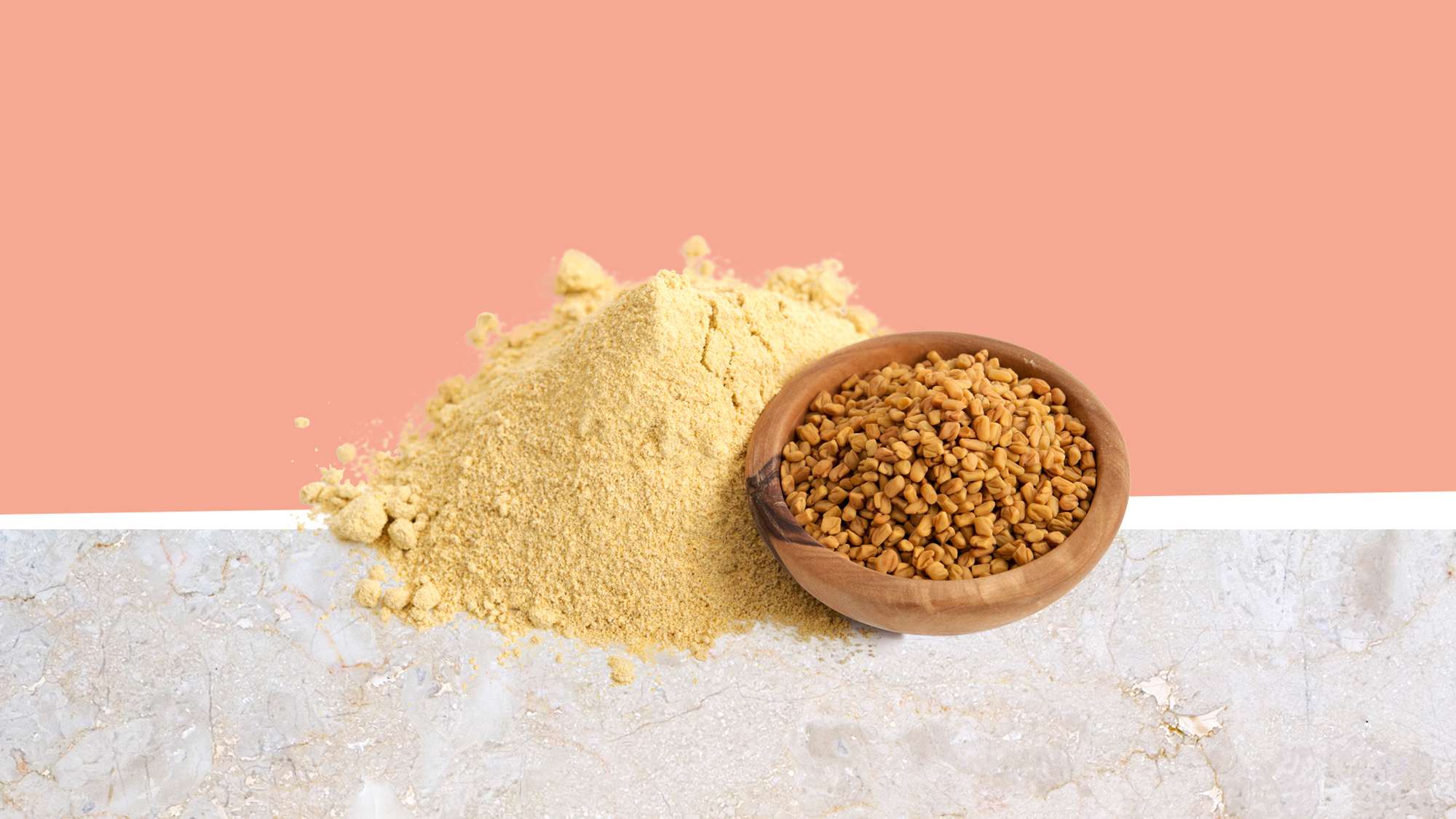

Garden Essentials
How Do You Use Fenugreek Seeds
Modified: March 15, 2024
Learn how to utilize fenugreek seeds in your garden for a thriving and bountiful harvest. Discover the secrets of using this powerful ingredient to enhance your gardening experience.
(Many of the links in this article redirect to a specific reviewed product. Your purchase of these products through affiliate links helps to generate commission for Storables.com, at no extra cost. Learn more)
Introduction
Welcome to the fascinating world of fenugreek seeds! If you’re a lover of spices and herbs, you’re in for a treat. Fenugreek seeds, also known as methi seeds, have been used for centuries in Indian, Middle Eastern, and Mediterranean cuisines for their distinct flavor and numerous health benefits.
Derived from the Trigonella foenum-graecum plant, fenugreek seeds have a rich history of being used not only in culinary practices but also in traditional medicine. These tiny golden-brown seeds pack a punch when it comes to flavor and nutrition.
In this article, we’ll delve into the wonders of fenugreek seeds, exploring their uses in cooking, health benefits, and even some traditional and home remedies. So, sit back, relax, and get ready to discover the versatile and aromatic world of fenugreek seeds.
Key Takeaways:
- Fenugreek seeds offer diverse health benefits, aiding digestion, regulating blood sugar, promoting heart health, assisting weight management, and enhancing skin and hair health.
- In cooking, fenugreek seeds add unique flavors to curries, pickles, breads, and teas. They can be used in tempering, ground into spice blends, and infused into oils for culinary creativity.
Read more: How To Use Fenugreek Seeds For Hair
What are Fenugreek Seeds?
Fenugreek seeds are small, golden-brown seeds derived from the fenugreek plant, scientifically known as Trigonella foenum-graecum. This herbaceous plant belongs to the Fabaceae family and is native to the Mediterranean region. Fenugreek seeds have a distinctive aroma and a slightly bitter, nutty taste.
These seeds are commonly used as a spice in various cuisines, including Indian, Middle Eastern, and Mediterranean. They are also valued for their medicinal properties. Fenugreek seeds are a staple ingredient in Indian curry powders, where they contribute a unique flavor and aroma. They are often used in pickles, bread, and even tea.
Traditionally, fenugreek seeds have been used for their medicinal properties as well. They are believed to have anti-inflammatory, antimicrobial, antidiabetic, and antioxidant benefits. The seeds are rich in vitamins, minerals, and fiber, making them a nutritious addition to your diet.
Furthermore, fenugreek seeds contain compounds such as saponins, flavonoids, and alkaloids, which contribute to their therapeutic effects. These seeds are also a good source of protein, iron, calcium, and magnesium.
Whether you’re an avid cook or someone interested in natural remedies, fenugreek seeds have a lot to offer. So, let’s dive deeper into the health benefits and culinary uses of these amazing seeds.
Health Benefits of Fenugreek Seeds
Fenugreek seeds are packed with a wide range of health benefits, making them a valuable addition to your diet. Here are some of the key reasons why you should consider incorporating fenugreek seeds into your daily routine:
- Improved Digestion: Fenugreek seeds are known to aid digestion and promote healthy bowel movements. They contain dietary fiber, which helps regulate and bulk up the stool, preventing constipation and promoting regularity. The seeds also possess anti-inflammatory properties, which can soothe the digestive tract and ease symptoms of indigestion.
- Regulated Blood Sugar Levels: Fenugreek seeds are beneficial for individuals with diabetes or those at risk of developing it. The seeds contain soluble fiber, which helps slow down the absorption of sugar in the bloodstream. This can result in more stable blood sugar levels and improved insulin sensitivity.
- Heart Health: Fenugreek seeds have been shown to have a positive impact on heart health. They are rich in fiber, which can help reduce cholesterol levels, especially the “bad” LDL cholesterol. Additionally, fenugreek seeds contain compounds like saponins, which may lower the risk of cardiovascular diseases.
- Weight Management: If you’re looking to shed a few pounds, fenugreek seeds can assist in your weight loss journey. The seeds are low in calories and high in fiber, which helps create a feeling of fullness and reduce appetite. Including fenugreek seeds in your diet can help control cravings and prevent overeating.
- Healthy Skin and Hair: Fenugreek seeds are not just beneficial internally but also externally. They are known for their nourishing properties that can promote healthier skin and hair. The seeds contain antioxidants that fight free radicals and protect the skin against signs of aging. Fenugreek seed paste can also be used as a natural remedy to strengthen hair, reduce dandruff, and add shine.
These are just a few of the many health benefits that fenugreek seeds offer. However, it is important to note that individual results may vary, and it is always recommended to consult with a healthcare professional before making any significant changes to your diet or lifestyle.
Culinary Uses of Fenugreek Seeds
Fenugreek seeds are a versatile spice that adds a unique flavor and aroma to a wide variety of dishes. Here are some popular culinary uses of fenugreek seeds:
- Curries and Gravies: Fenugreek seeds are an essential ingredient in many Indian curries and gravies. They add a distinct earthy and slightly bitter flavor, enhancing the overall taste of the dish. The seeds are often used in combination with other spices like cumin, coriander, and turmeric to create flavorful curry powders.
- Pickles and Chutneys: Fenugreek seeds are commonly used in pickling and chutney recipes. They provide a tangy and slightly bitter taste, balancing the sweetness and sourness of the ingredients. Fenugreek seeds can be soaked in vinegar or lemon juice to soften them before adding to pickles and chutneys.
- Breads and Flatbreads: In Indian cuisine, fenugreek seeds are often used in bread and flatbread recipes. The seeds can be ground and added to the dough for a delightful flavor and aroma. Fenugreek seeds are particularly popular in the preparation of methi parathas, a delicious Indian flatbread stuffed with fenugreek leaves and spices.
- Spice Blends and Seasonings: Fenugreek seeds are a key ingredient in various spice blends and seasonings. They are commonly found in garam masala, a traditional Indian spice mix used in many dishes. Fenugreek seeds can also be roasted and ground to create fenugreek powder, which can be used as a seasoning in a variety of dishes.
- Teas and Infusions: Fenugreek seeds are often used to prepare herbal teas and infusions. The seeds can be steeped in hot water for a few minutes, resulting in a flavorful and aromatic tea. Fenugreek tea is known for its potential health benefits such as aiding digestion and reducing inflammation.
Experimenting with fenugreek seeds in your cooking can introduce a whole new world of flavors to your dishes. Whether you’re preparing Indian cuisine or want to add a unique twist to your favorite recipes, fenugreek seeds are a versatile spice that can elevate your culinary creations.
How to Prepare and Store Fenugreek Seeds
Preparing fenugreek seeds for use in your recipes is a simple process. Here’s a step-by-step guide on how to prepare and store fenugreek seeds:
- Cleaning: Before using fenugreek seeds, it’s important to clean them to remove any impurities. Start by placing the seeds in a fine-mesh sieve and rinsing them under cold, running water. This will help get rid of any dirt or debris.
- Soaking: Soaking fenugreek seeds can help soften them and reduce their bitterness. To do this, transfer the cleaned seeds to a bowl and cover them with water. Allow the seeds to soak for at least 4 to 6 hours or overnight. After soaking, drain the water and the seeds are ready to use.
- Drying: If you prefer to use dried fenugreek seeds, you can skip the soaking step and let them air-dry instead. Spread the cleaned seeds on a clean kitchen towel or a tray and leave them in a well-ventilated area for a few days until they are completely dry. Make sure to stir them occasionally to ensure even drying.
Now that you’ve prepared your fenugreek seeds, it’s crucial to store them properly to maintain their freshness and flavor. Follow these storage tips:
- Airtight Container: Transfer the fenugreek seeds to an airtight container, preferably made of glass or a food-grade plastic material. Make sure the container has a tight-fitting lid to prevent moisture and air from entering.
- Cool and Dry Location: Store the container in a cool, dark place such as a pantry or cupboard. Avoid exposing the seeds to direct sunlight or heat, as this can cause them to lose their flavor and potency.
- Avoid Moisture: Moisture can lead to mold or spoilage of the fenugreek seeds. Ensure that the container is not stored near the sink or any area prone to moisture. Additionally, ensure that the seeds are completely dry before storing them, as any residual moisture can cause them to spoil.
- Labeling: Lastly, don’t forget to label the container with the date of storage. This will help you keep track of the freshness of the fenugreek seeds and ensure you use them within a reasonable time frame.
By following these preparation and storage tips, you can ensure that your fenugreek seeds remain fresh and flavorful for an extended period, allowing you to enjoy their aromatic goodness in your culinary ventures.
Soak fenugreek seeds in water overnight to soften them, then blend into a paste. Use the paste in curries, pickles, or as a hair mask for shiny, healthy hair.
Read more: How To Use Fenugreek Seeds For Fertility
Using Fenugreek Seeds in Cooking
Fenugreek seeds are a versatile ingredient that can add depth and complexity to a wide range of dishes. Whether you’re cooking Indian curries, Middle Eastern stews, or even experimenting with global flavors, here are some tips on how to use fenugreek seeds in your cooking:
- Tempering: Fenugreek seeds are often used in tempering, which is a common technique in Indian cuisine. To temper fenugreek seeds, heat a small amount of oil or ghee in a pan and add the seeds. Let them sizzle and release their aroma before adding other ingredients to the dish. The tempering process helps to infuse the dish with a delightful nutty and bitter flavor.
- Ground Spice: Fenugreek seeds can be ground into a fine powder using a spice grinder or mortar and pestle. This fenugreek powder can be used as a standalone spice or combined with other spices to create unique spice blends. Ground fenugreek seeds can be added to curry powders, marinades, or used as a seasoning for meats, vegetables, and even roasted nuts.
- Infused Oil: Create a flavorful fenugreek-infused oil by heating fenugreek seeds in oil over low heat. Allow the seeds to release their flavors into the oil for a few minutes. Remove the seeds and use the infused oil to add a distinctive taste to dressings, marinades, or drizzle it over grilled vegetables or soups.
- Sprouted Fenugreek: Fenugreek seeds can be sprouted, adding a fresh and crunchy element to your dishes. To sprout fenugreek seeds, soak them overnight, rinse thoroughly, and then place them in a damp cloth or a sprouting jar. Allow the seeds to sprout for a few days, rinsing them daily. Use the sprouted fenugreek in salads, sandwiches, or stir-fries for a nutritious boost.
- Flavor Enhancer: Fenugreek seeds can be used to enhance the flavor of soups, stews, and sauces. Simply add a pinch or a small amount of crushed fenugreek seeds during the cooking process to infuse the dish with a subtle bitterness and a hint of maple-like sweetness.
When using fenugreek seeds, it’s important to remember that they have a strong flavor, so a little goes a long way. Start with small quantities and adjust to your taste preferences, gradually adding more if desired.
With their distinct flavor and versatility, fenugreek seeds can elevate your culinary creations, bringing depth and richness to your dishes in delightful and unexpected ways.
Traditional and Home Remedies with Fenugreek Seeds
Fenugreek seeds have long been used in traditional medicine for their potential health benefits. Here are a few traditional and home remedies that incorporate fenugreek seeds:
- Immune Booster: Fenugreek seeds are believed to boost the immune system and promote overall wellness. You can prepare a simple fenugreek seed tea by brewing a teaspoon of fenugreek seeds in a cup of hot water for 5-10 minutes. Strain and consume the tea daily to support your immune system.
- Respiratory Health: Fenugreek seeds have been used to alleviate respiratory issues such as coughs, colds, and congestion. You can create a homemade cough syrup by boiling fenugreek seeds in water, adding honey and lemon juice to taste, and consuming a spoonful every few hours. The soothing properties of fenugreek can help relieve throat irritation and promote respiratory comfort.
- Indigestion Relief: Fenugreek seeds are known to aid digestion and provide relief from indigestion. Soak a teaspoon of fenugreek seeds in a cup of warm water overnight. In the morning, strain the water and consume it on an empty stomach. This can help ease digestive discomfort, reduce inflammation, and improve bowel movements.
- Diabetes Management: Fenugreek seeds may be beneficial for individuals with diabetes or those at risk of developing it. The seeds contain compounds that help regulate blood sugar levels. Soak a tablespoon of fenugreek seeds overnight and consume them on an empty stomach in the morning. However, it’s essential to consult with a healthcare professional before using fenugreek seeds as a remedy for diabetes management.
- Topical Relief: Fenugreek seeds can be ground into a paste and applied topically to the skin for various purposes. The paste can help soothe skin irritations, reduce inflammation, and improve the appearance of scars. It can also be used as a hair mask to promote hair growth and reduce dandruff.
While fenugreek seeds have been used in traditional remedies for many years, it is important to note that individual results may vary. Moreover, it’s always advisable to consult with a healthcare professional before using fenugreek seeds or any other natural remedies, especially if you have any underlying health conditions or are on medication.
Fenugreek seeds offer a natural, holistic approach to health and well-being, but they should be used in conjunction with professional medical advice and not as a substitute for it.
Potential Side Effects and Precautions
While fenugreek seeds offer numerous health benefits, it’s important to be aware of potential side effects and take necessary precautions when using them. Here are some important points to consider:
- Allergies: Some individuals may be allergic to fenugreek seeds. If you have a known allergy to legumes or other related plants, it is advisable to avoid fenugreek seeds or consult with a healthcare professional before using them.
- Pregnancy and Breastfeeding: Pregnant and breastfeeding women should exercise caution when using fenugreek seeds. While fenugreek seeds are often used to promote milk production in breastfeeding women, it’s important to consult with a healthcare professional before incorporating them into your diet.
- Diabetes and Hypoglycemia: Fenugreek seeds may lower blood sugar levels, which can be advantageous for individuals with diabetes. However, if you have diabetes or hypoglycemia, it’s crucial to monitor your blood sugar levels closely and consult with a healthcare professional to adjust your medication dosage if necessary.
- Medication Interactions: Fenugreek seeds may interact with certain medications, including blood thinners, anti-diabetic drugs, and hormone-regulating medications. If you are taking any medication, it’s important to consult with a healthcare professional before using fenugreek seeds as a supplement or remedy.
- Gastrointestinal Discomfort: In some individuals, fenugreek seeds may cause gastrointestinal side effects such as bloating, gas, or diarrhea. It’s important to start with small quantities and gradually increase the amount to assess your tolerance and minimize potential discomfort.
As with any dietary or herbal supplement, it is always recommended to consult with a healthcare professional before incorporating fenugreek seeds into your routine, especially if you have any underlying health conditions, are on medication, or are pregnant or breastfeeding.
It’s important to note that the information provided here is for informational purposes only and should not be considered medical advice. Individual responses to fenugreek seeds may vary, and it’s best to seek professional guidance for your specific circumstances.
By using fenugreek seeds responsibly and being mindful of potential side effects, you can enjoy their numerous health benefits while minimizing any possible risks.
Conclusion
Fenugreek seeds are small but mighty powerhouses that offer a myriad of culinary and medicinal benefits. From their distinct flavor that adds depth to dishes, to their potential health benefits, fenugreek seeds are a valuable addition to any kitchen pantry.
In this article, we explored the origins and characteristics of fenugreek seeds, delving into their health benefits, culinary uses, and even traditional remedies. We discovered that fenugreek seeds can aid digestion, regulate blood sugar levels, promote heart health, assist with weight management, and contribute to healthy skin and hair.
When it comes to culinary uses, fenugreek seeds can be used in curries, pickles, breads, spice blends, and even teas and infusions. They can be tempered to release their aromatic flavors, ground into a powder, or infused into oils.
Additionally, fenugreek seeds have long been used in traditional remedies to support the immune system, provide respiratory relief, aid digestion, manage diabetes, and address various skin and hair concerns.
However, it’s important to note that while fenugreek seeds offer numerous benefits, they may also have potential side effects and interactions with certain medications. It’s vital to exercise caution, consult with a healthcare professional, and ensure that you’re using fenugreek seeds responsibly.
In conclusion, fenugreek seeds are a treasure trove of flavor and health benefits. Explore their various culinary uses, experiment with traditional remedies, and enjoy the unique taste and potential wellness support they can provide. Embrace fenugreek seeds as a valuable addition to your journey towards a healthier and more flavorful lifestyle.
Frequently Asked Questions about How Do You Use Fenugreek Seeds
Was this page helpful?
At Storables.com, we guarantee accurate and reliable information. Our content, validated by Expert Board Contributors, is crafted following stringent Editorial Policies. We're committed to providing you with well-researched, expert-backed insights for all your informational needs.
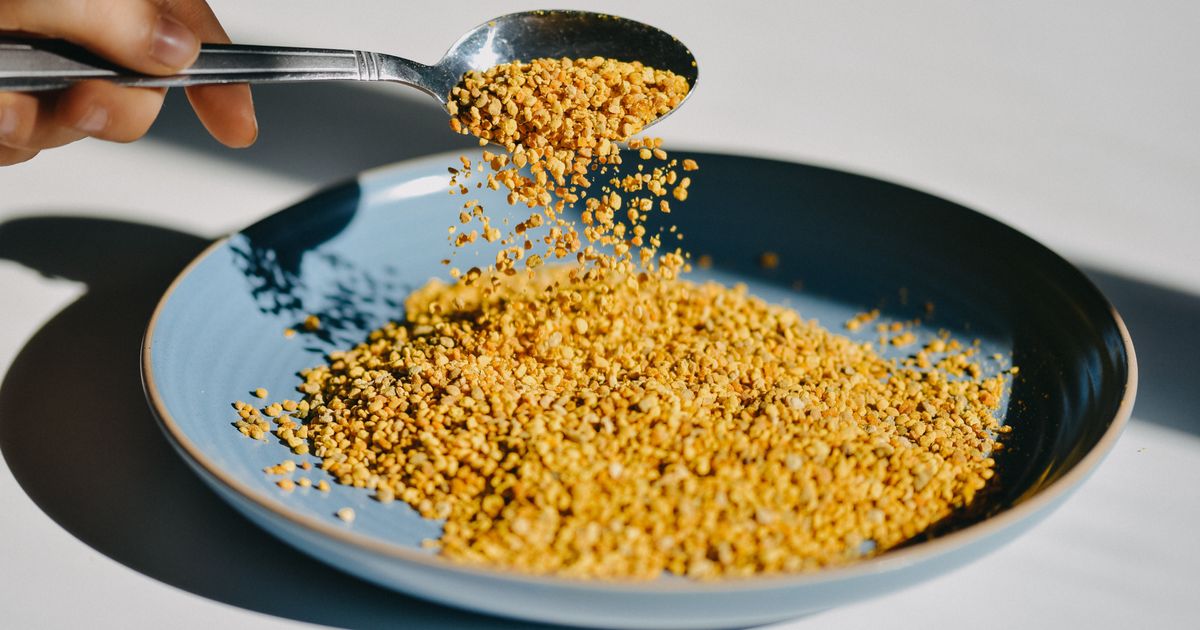
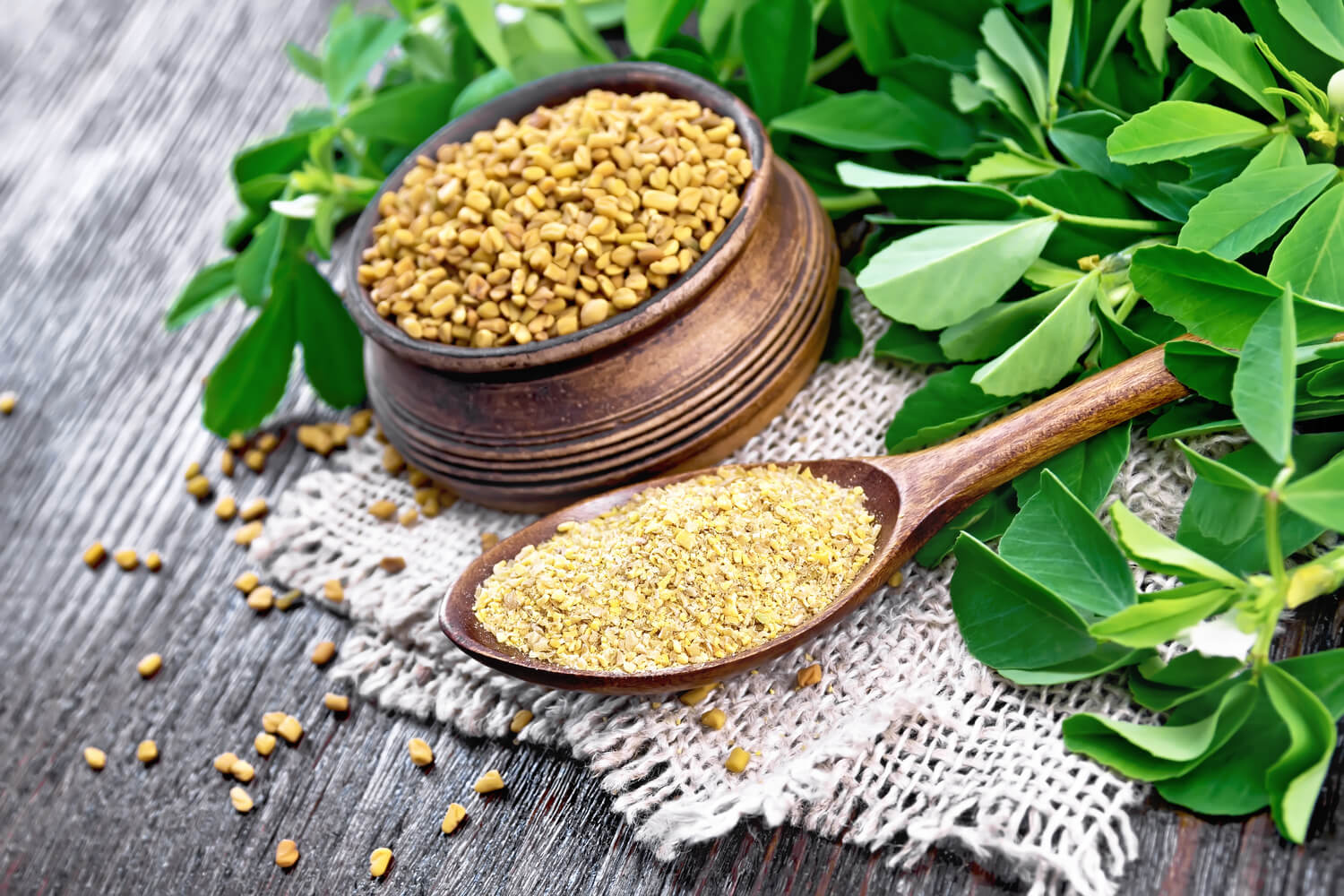
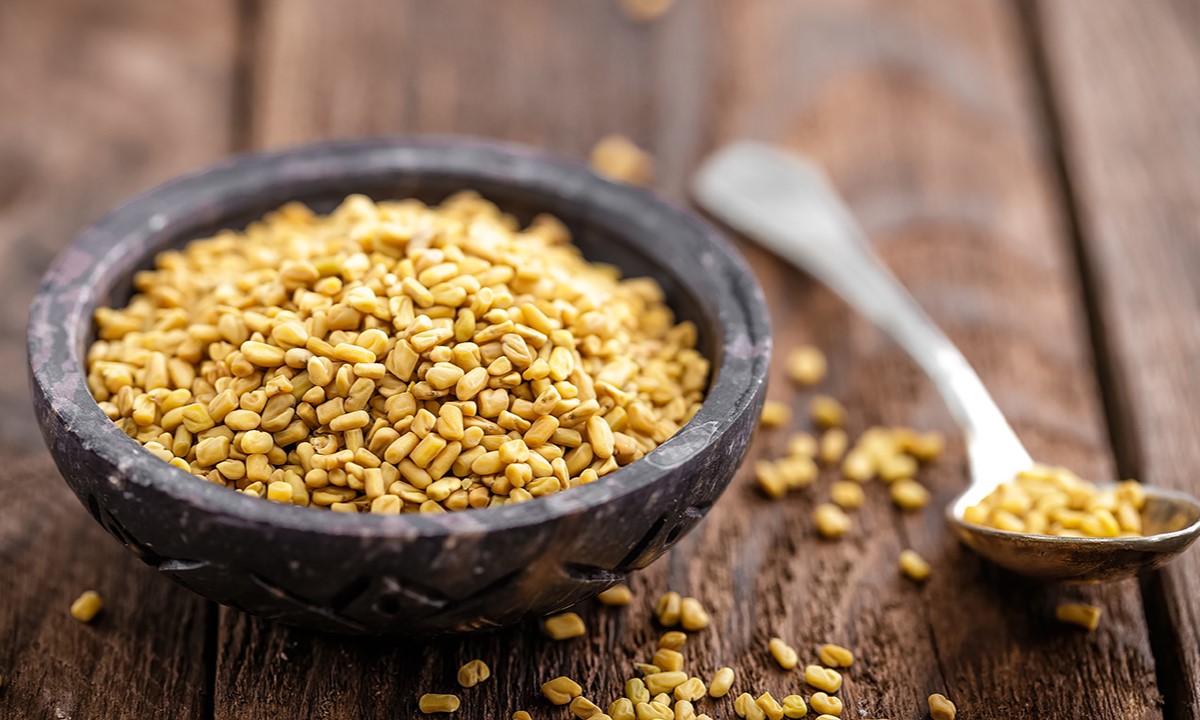
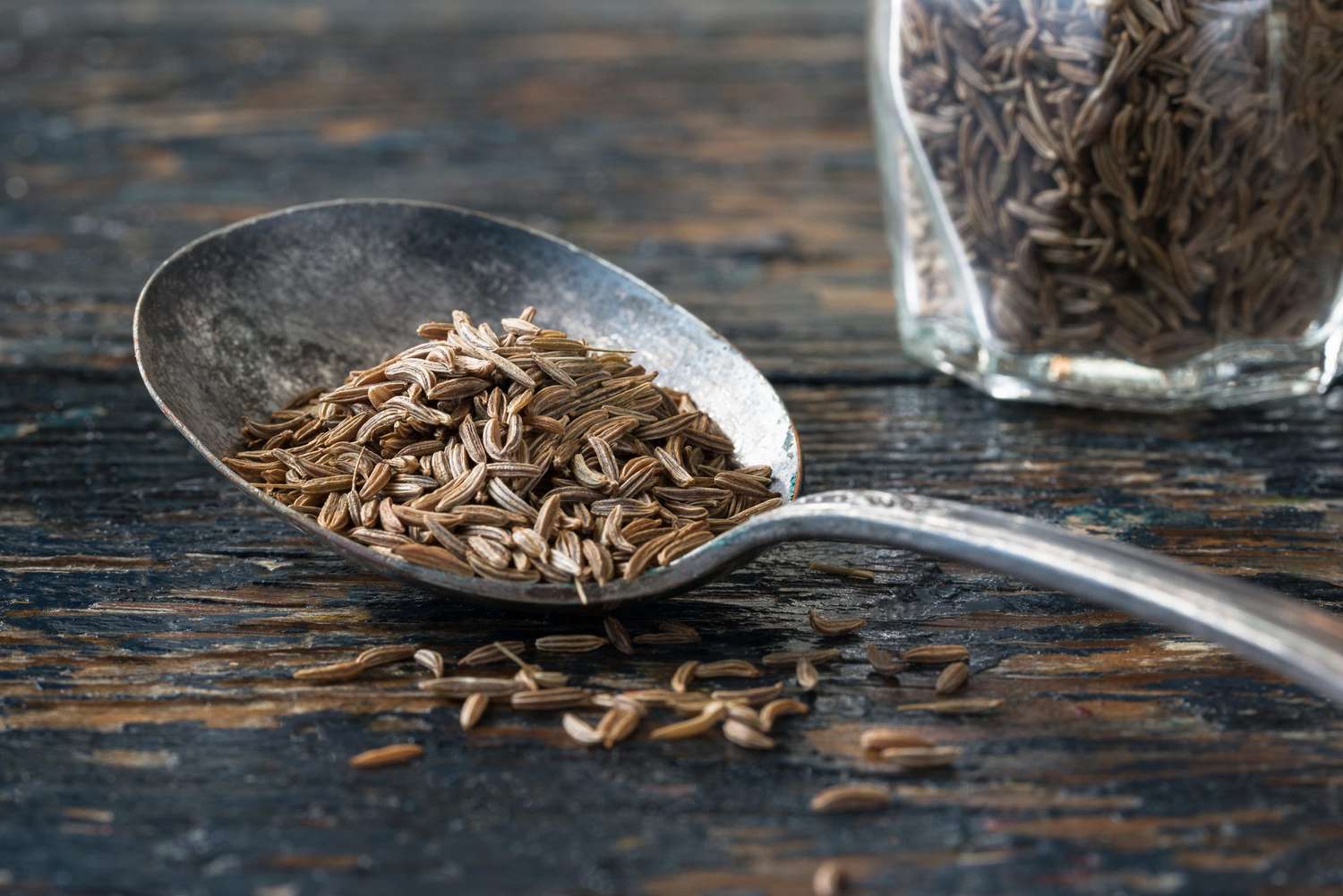
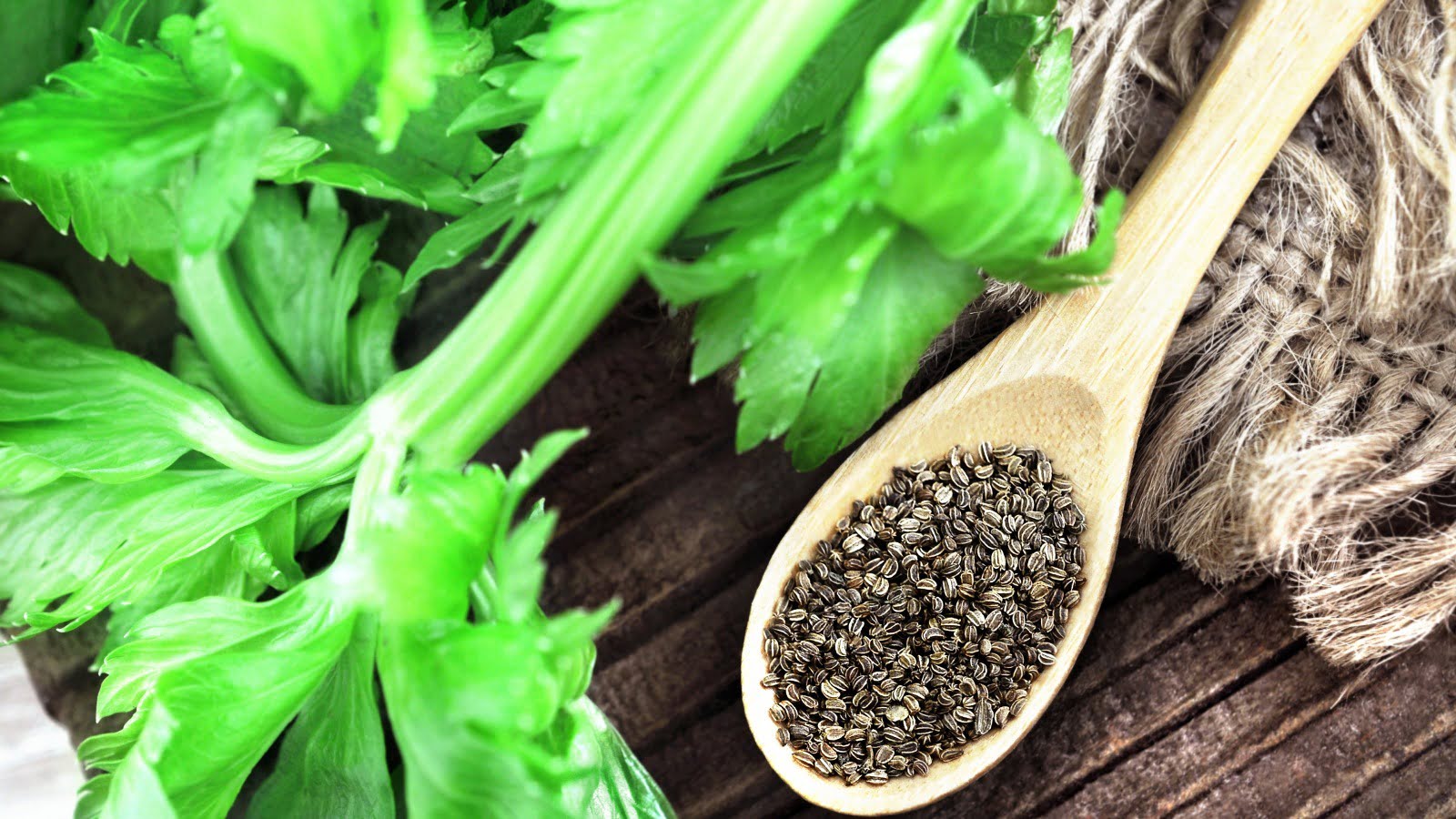
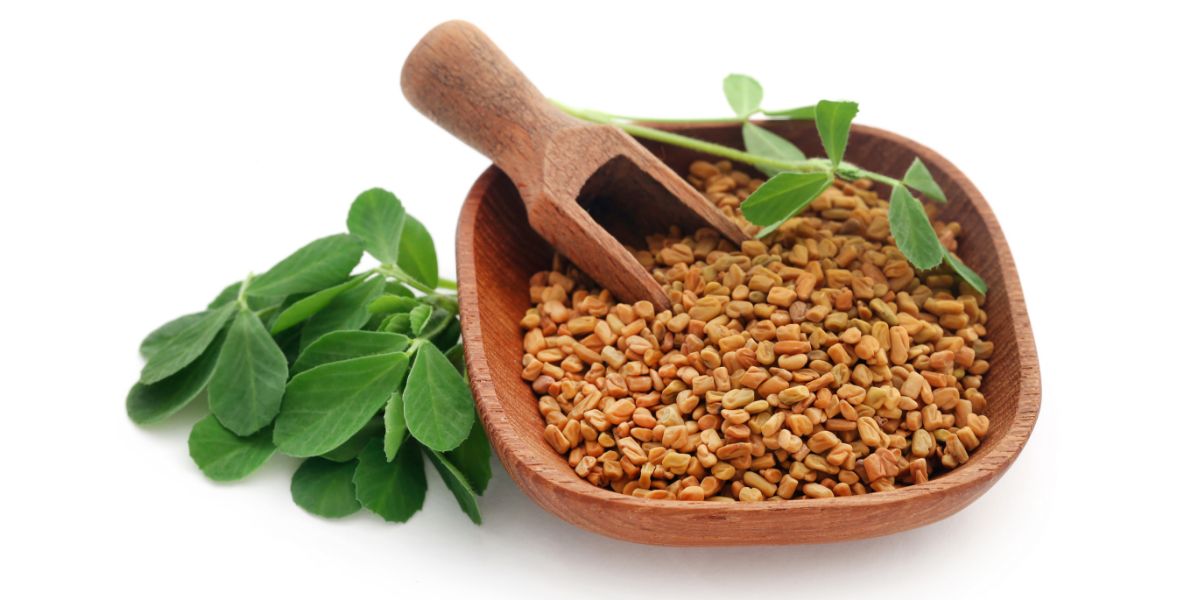
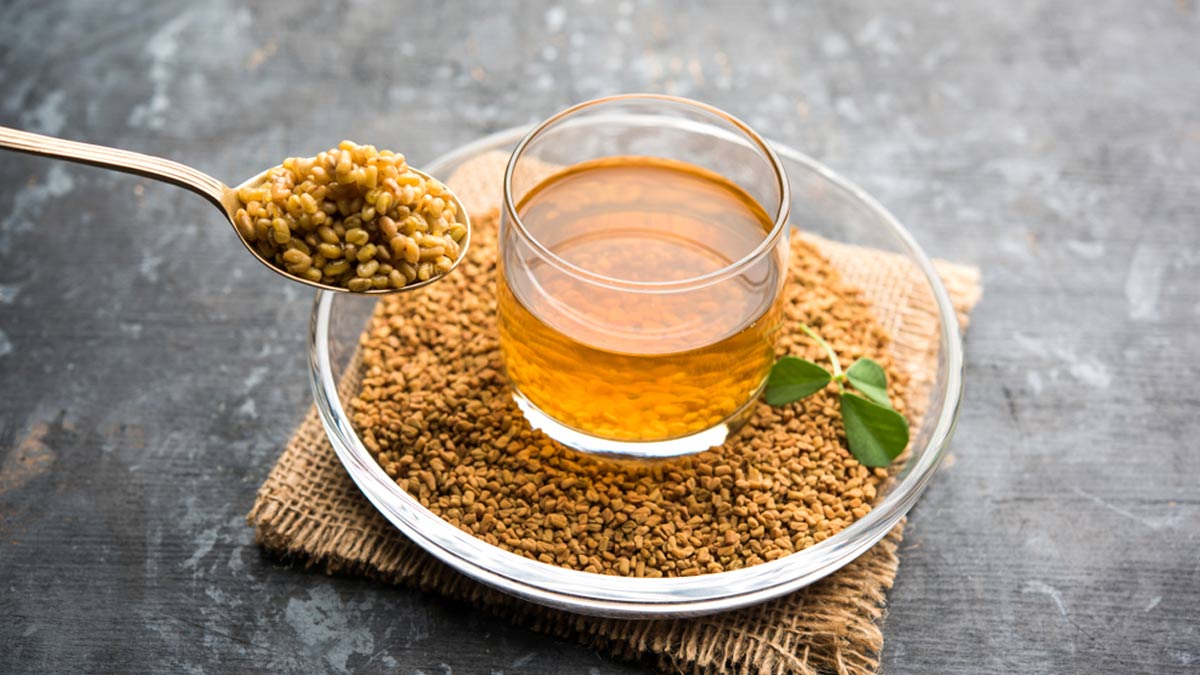
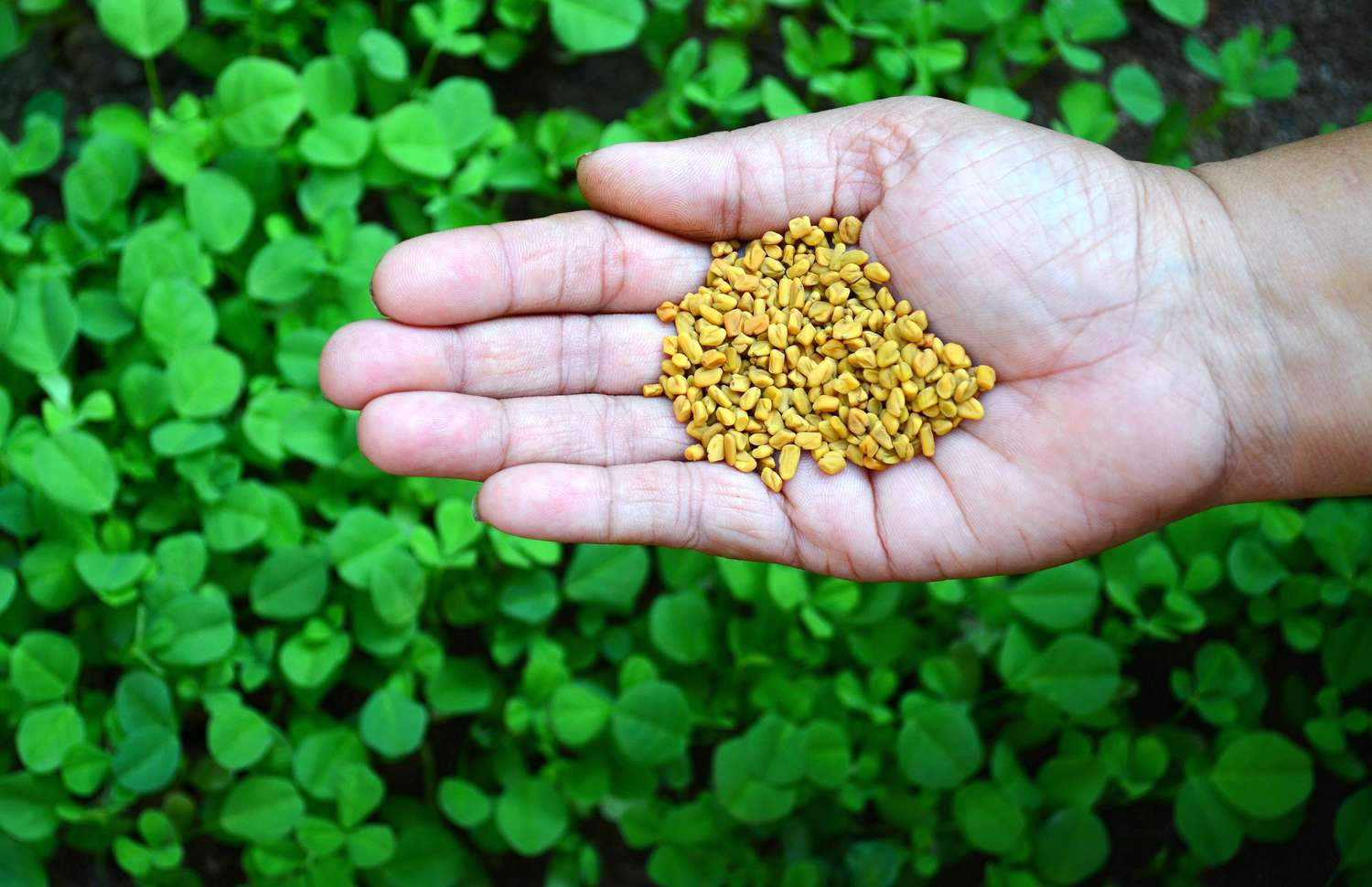
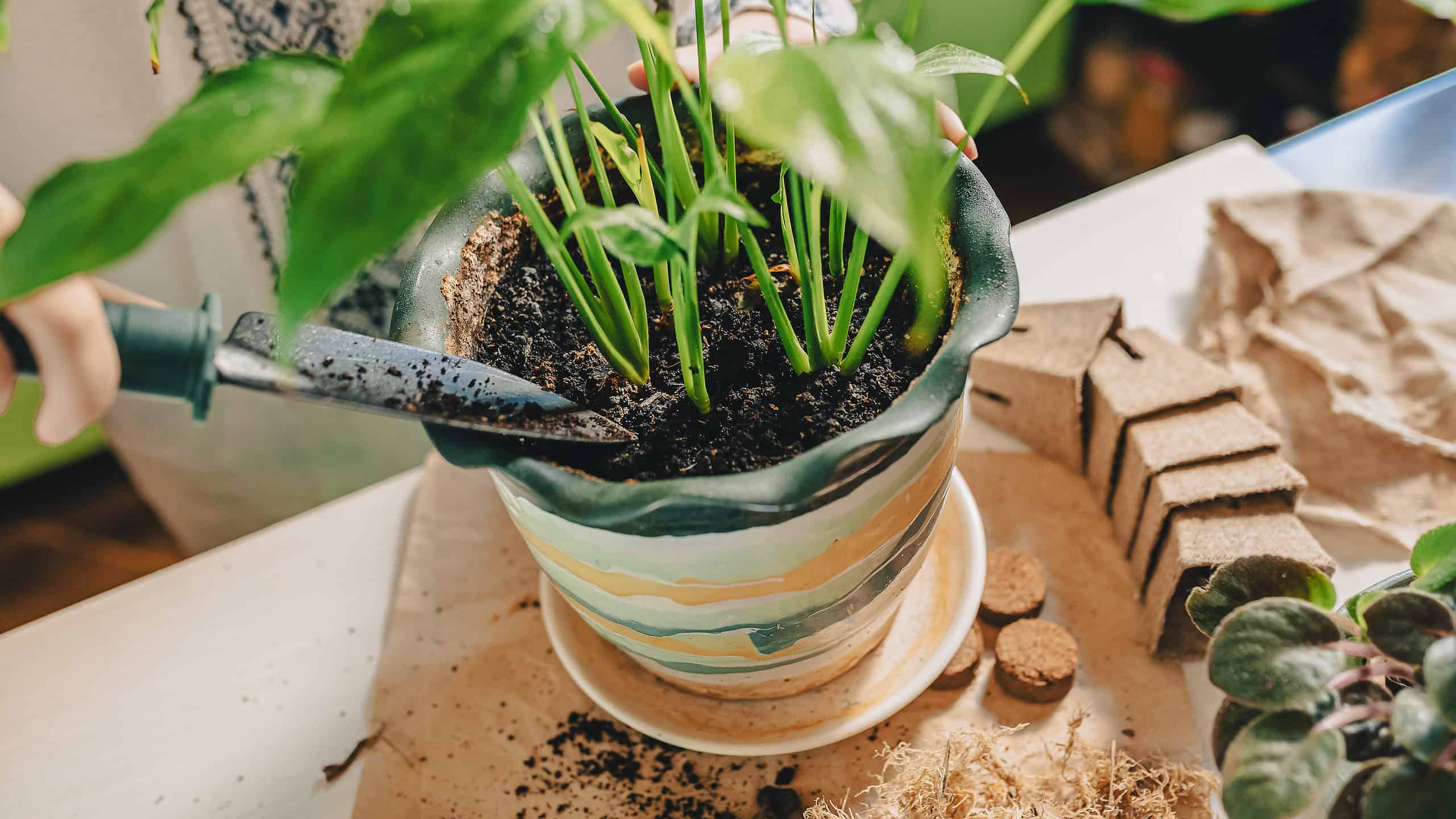
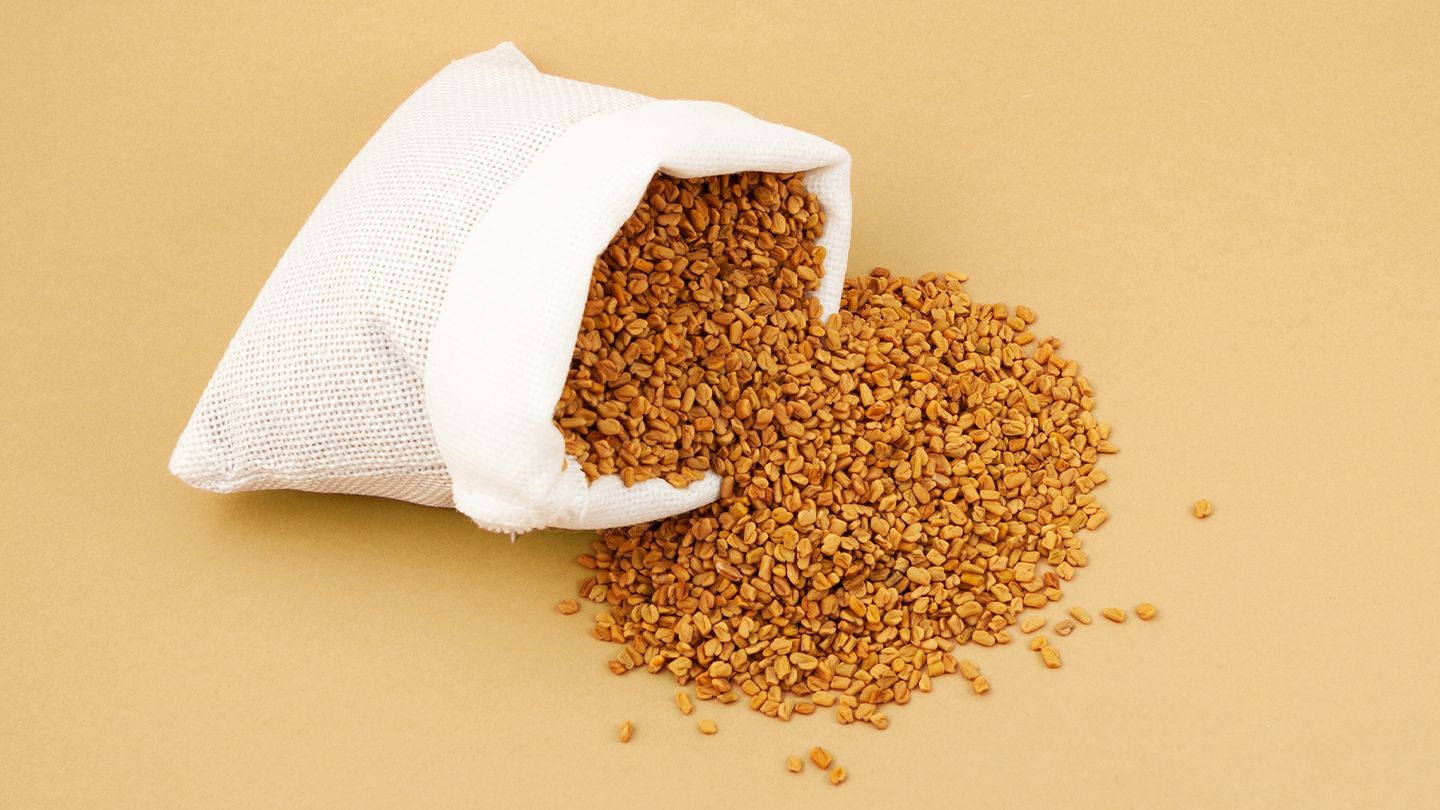
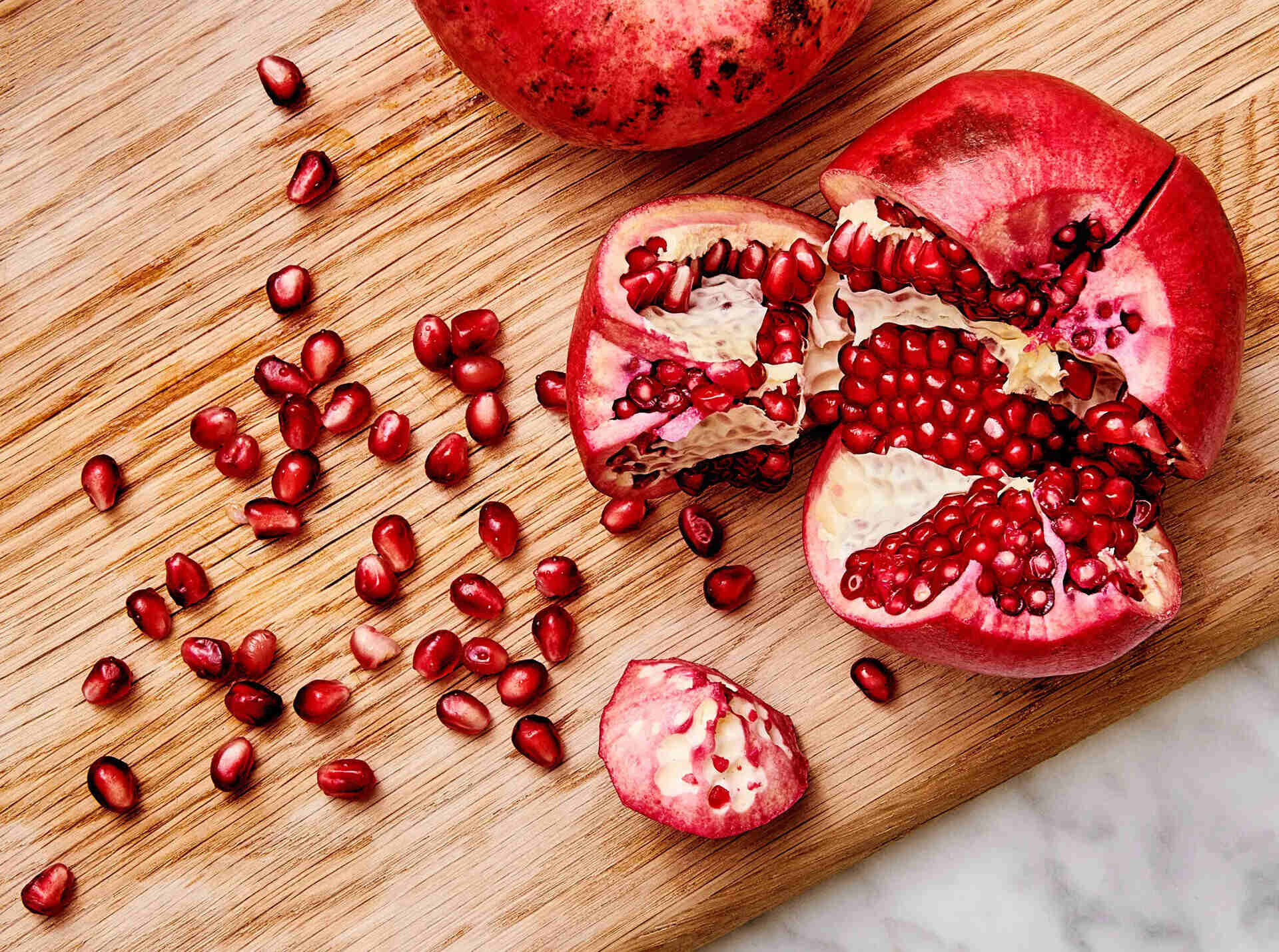

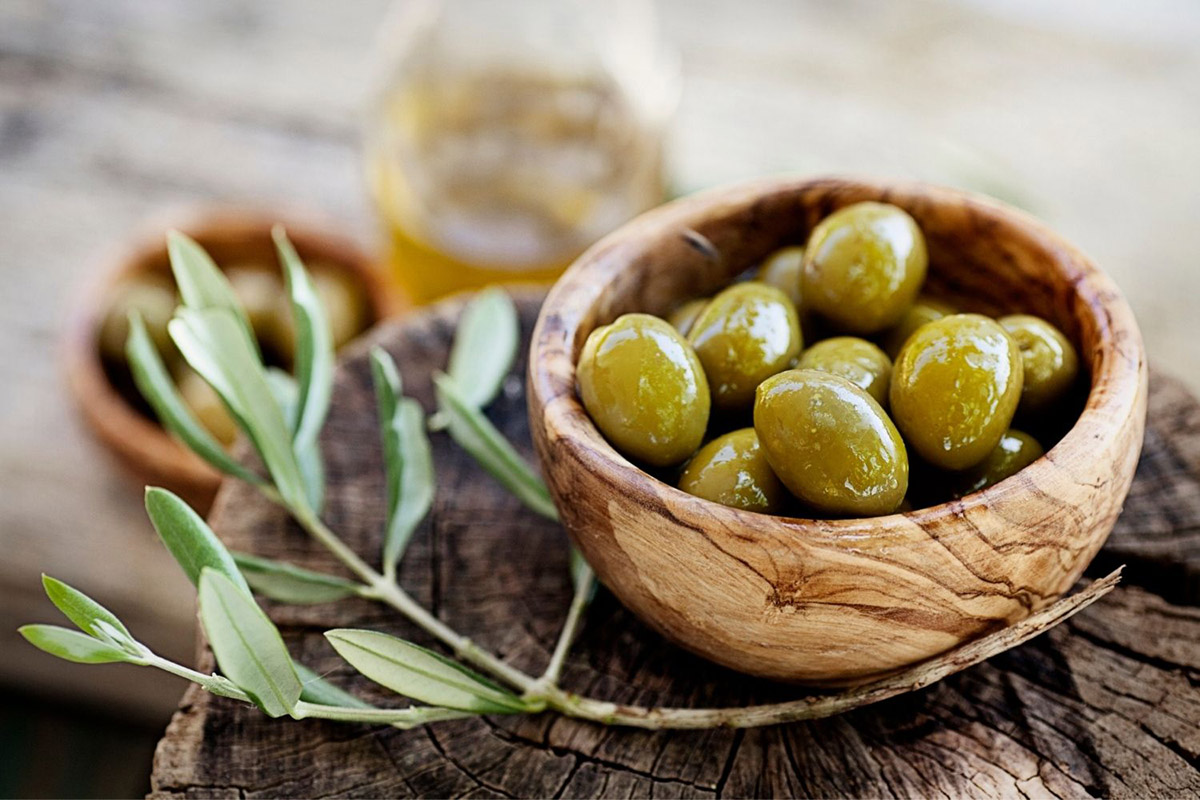
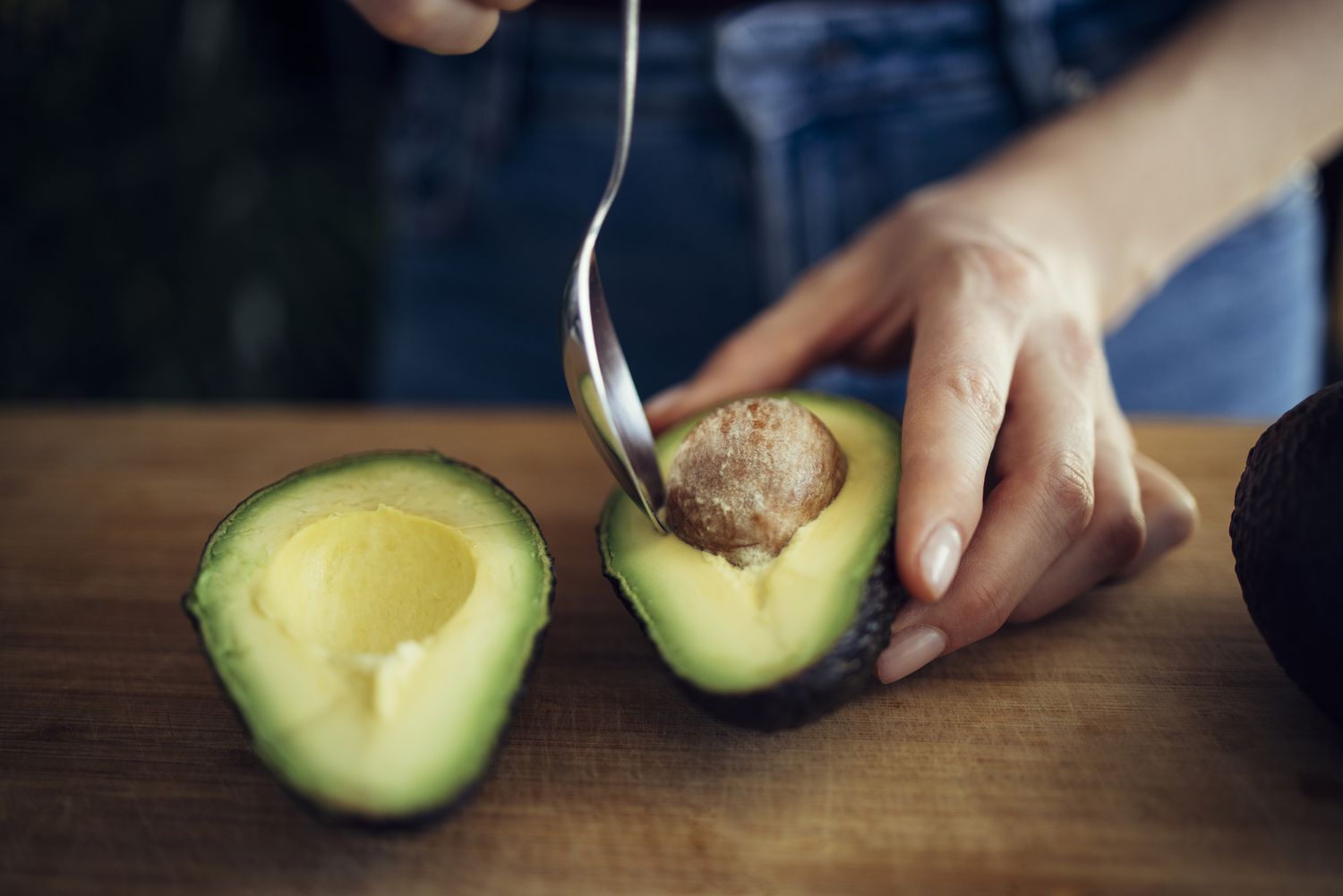

0 thoughts on “How Do You Use Fenugreek Seeds”